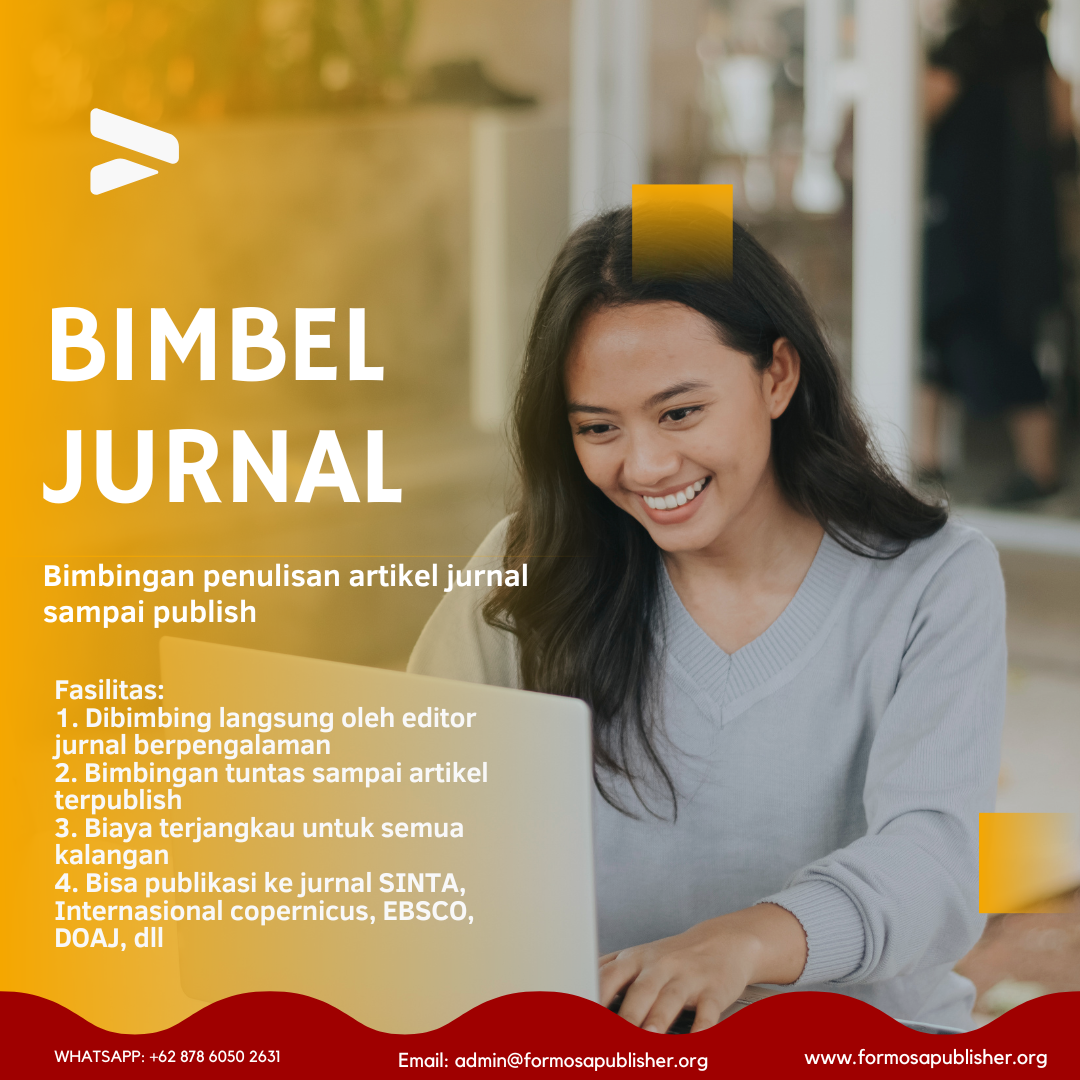Implementation of the Principle of Recognizing Service Users for Notary (Study of Application of Article 2, Paragraph (2) Permenkumham No. 9 of 2017 in Malang City
DOI:
https://doi.org/10.55927/mudima.v3i7.4824Keywords:
Service Users for Notary, Permenkumham No. 9 of 2017, Malang CityAbstract
The presence of a notary in the midst of society is very important, because a notary can provide guarantees of legal certainty related to making authentic deeds. According to Permenkumham No. 9 of 2017, notaries are required to follow the principle of recognizing service users. This obligation is borne by Reporting Notaries Parties in reporting questionable service users' financial activity as well as a form of protection for Protecting notaries from the risks of money laundering and steps to bolster government initiatives to combat money laundering. However, in implementing this principle there are still several notaries who have not implemented it. The problems studied in this study are related to the effectiveness of implementing the idea of recognizing service consumers in accordance with Permenkumham No. 9 of 2017 as the legal basis of Notaries in Malang City. The research method used is socio-legal with a sociological approach or looking at the implementation of norms in the field. The results of the study show that notaries in Malang are still found not to have implemented PMPJ based on Permenkumham No. 9 of 2017, PMPJ is considered a Notary. then the implementation is not effective, even though the legal substance has provided rules, the implementation of this article is hampered by several factors, namely the Notary Factor itself originating from an internal Notary who does not apply it, does not understand the obligation to apply the Principle of Recognizing a Service User (PMPJ) based on Permenkumham No. 9 of 2017, Inadequate facilities, notary's lack of understanding regarding how to control/use the IT system, and there are no strict sanctions from the Ministry of Law and Human Rights against notaries who do not implement PMPJ
References
Alberth Richi Aruan dalam Seminar Memahami GOAML dan PMPJ Sebagai Instrumen Safety System Bagi Notaris/PPAT dalam Pencegahan TPPU-TPPT, pada 14 April 2023 Pukul 16.00 WIB.
Aminuddin Ilmar, Hukum Tata Pemerintahan, (Jakarta : Kencana, 2014.
Dikutip dari Kanwil NTT, “Talkshow Penerapan PMPJ Oleh Notaris, Erni Mamo Li : Penerapan PMPJ Adalah Bentuk Proteksi Pemerintah Melawan TPPU dan Pendanaan Terorisme”,https://ntt.kemenkumham.go.id/berita-kanwil/berita-utama/6843-talkshow penerapan-pmpj-oleh-Notaris-erni-mamo-li-penerapan-pmpj-adalah-bentuk-proteksi-pemerintah-melawan-tppu-dan-pendanaan-terorisme (Diakses pada Jumat, 15 November 2022, Pukul 13.00 WIB)
FNH, 4 Urgensi Indonesia Menjadi Anggota FATF, https://www.hukumonline.com/berita/baca/lt58d4cb040d555/4-urgensi-indonesia-menjadi-anggota-fatf (Diakses pada Minggu, 2 April 2023 Pukul 21.11 WIB)
H. Salim HS dan Erlies S. Nurbani, Penerapan Teori Hukum pada Penelitian Tesis dan Disertasi, (Jakarta : Rajawali Pers, 2017) hlm 303.
Izzy AI Kautsar dan Danang Wahyu Muhammad, Sistem Hukum Modern Lawrance M. Friedman: Budaya Hukum dan Perubahan Sosial Masyarakat dari Industri ke Digital, Sepientia Et Virtus Stats, Vol. 7 No. 2, September 2022, hlm. 85-86.
Juwita, Putri Pratama, et,al., Eksistensi Kedudukan Peraturan Menteri terhadap Peraturan Daerah dalam Hierarki Peraturan Perundang-Undangan, Jurnal Konstitusi, Vol. 19 No. 4, Desember 2022, hlm. 867-868
Kutipan hasil wawancara di Kantor Notaris R. Imam Rachmat Sjafi’i., S.H., M.Kn pada 23 Maret 2023 yang diolah sendiri oleh Penulis
Lihat Pasal 2 ayat 4 Peraturan Menteri Hukum dan HAM Nomor 9 Tahun 2017 Tentang Prinsip Mengenali Pengguna Jasa Bagi Notaris Lembaran Negara Republik Indonesia (LNRI) No. 1087.
Pasal 15 Undang-Undang No. 30 Tahun 2004 Tentang Jabatan Notaris dalam Lembaran Negara Republik Indonesia (LNRI) Tahun 2004 No. 117 dan Tambahan Lembaran Negara Republik Indonesia (TLNRI) No. 4432 Undang-Undang No. 2 Tahun 2014 Tentang Perubahan Atas Undang-Undang No. 30 Tahun 2004 Tentang Jabatan Notaris.
Pasal 3 Peraturan Pemerintah Republik Indonesia No. 43 Tahun 2015 Tentang Pihak Pelapor dalam Pencegahan dan Pemberantasan Tindak Pidana Pencucian Uang dalam Lembaran Negara Republik Indonesia (LNRI) No. 148.
R.Soegondo, 1991, Hukum Pembuktian, PT. Pradnya Paramita, Jakarta,hlm 89.
Ricky Sanjaya, S.H., M.Kn., PPAT dan Notaris di Kota Malang Jawa Timur, wawancara 6 Desember 2022.
Sutan Remi Sjahdeni, Pencucian Uang:Pengertian, Sejarah, Faktor Penyebab, dan Dampaknya Bagi Masyarakat, Jurnal Hukum Bisnis, Vol 22 No 3, 2003, hlm 248.
Syaiful Hakim, Mahfud Sebut Pentingnya Keanggotaan Indonesia Di FATF, https://www.antaranews.com/berita/2337298/mahfud-sebut-pentingnya-keanggotaan-indonesia-di-fatf (Diakses pada Minggu, 2 April 2023, pukul 21.31 WIB)
G.H.S Lumban Tobing, 1996, Peraturan Jabatan Notaris, cet. 4, (Jakarta: Erlangga)
Hendra, R, 2012, Tanggungjawab Notaris Terhadap Akta Otentik Yang Penghadapnya Mempergunakan Identitas Palsu di Kota Pekanbaru, Jurnal Ilmu Hukum Riau, 3 (01)
Liliana Tedjasaputro, 1995, Etika Profesi Notaris, Bigraf Publishing, Yogyakarta
Downloads
Published
How to Cite
Issue
Section
License
Copyright (c) 2023 Dian Dombat Pejoreza, Moh Fadli, Rachmi Sulistyarini

This work is licensed under a Creative Commons Attribution 4.0 International License.
































